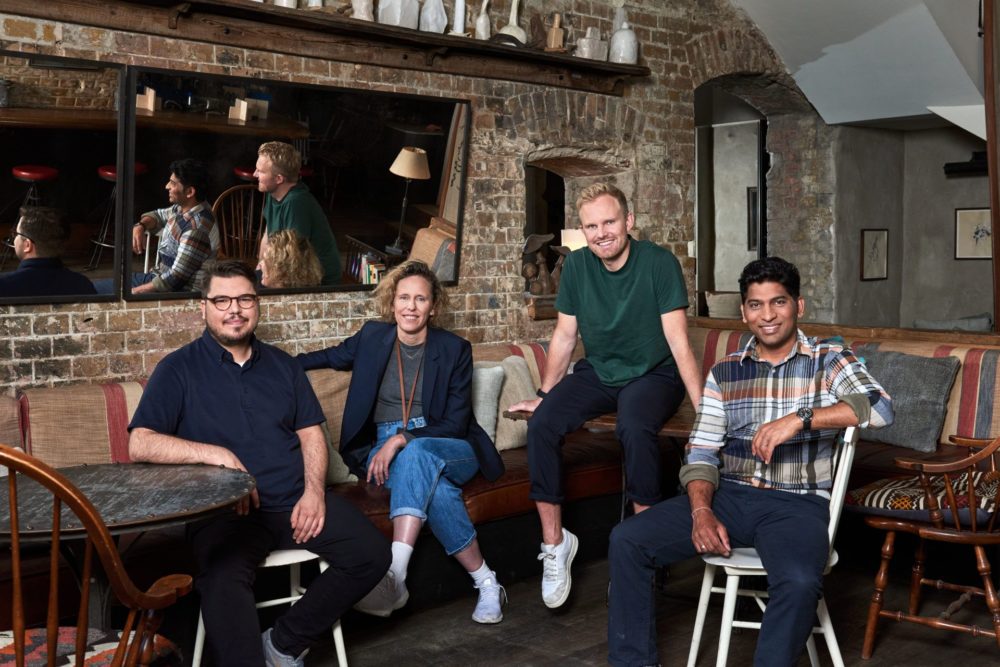Buying ingredients is one of the peskiest tasks for restaurants. Order too little and disappoint your guests; order too much and you’re contributing to the global food waste crisis. Getting the industry to abandon its paper-based practices for digital solutions could go a long way towards improving the process, according to ingredients procurement platform Choco.
“Generally, a restaurant will use three to 11 suppliers. Currently, orders are placed by calling a sales rep, going onto an individual web portal, or texting a sales rep,” Hilary Kenyon, the startup’s head of US business operations, tells AFN. “It’s really fragmented and they have to use a variety of channels to communicate with the suppliers that they use.”
Choco has just raised $100 million in a Series B round led by Left Lane Capital. Insight Partners also joined the round as well as existing investors Coatue Management and Bessemer Venture Partners.
The Series B round comes just a year after Choco’s $63.7 million Series A, bringing the Berlin-based startup’s total funding to $172 million since launching three years ago.
Choco hopes to streamline procurement by aggregating a restaurant’s suppliers in one place, with order lists pre-loaded. This allows the user to place an order from anywhere while making frequently ordered items easier to re-order. The goal is to reduce the amount of time it takes to keep a restaurant’s kitchen fully stocked.
The platform currently works with 150,000 chefs, having seen its transaction volume quadruple over the course of a year, according to Kenyon. It operates in six markets including the Germany, France, Spain, Austria, Belgium, and the US. With the new round of funding, Choco hopes to expand into new markets and double its employee headcount by the end of the year.
Choco also helps address some of the ongoing labor shortages that restaurants continue to experience amid the Covid-19 pandemic. As of May 2021, employment at restaurants in the US was still 1.5 million jobs below pre-pandemic levels. This means that existing employees need to pick up the slack, stretching resources even more thinly.
Digitizing the procurement process can also help alleviate the situation, while also cutting out human error – which has likely only been exacerbated by the labor shortage. Mistakes during procurement can be costly for a restaurant and lead to serious food waste issues.
“Suppliers will often have products that are going bad or have a few days of shelf-life left. They can broadcast a message to all their clients through the Choco platform and say they are running a special on those items,” Kinyon explains.
As Covid-19 crippled the restaurant industry many businesses embraced technology to solve some of their new problems. From online ordering systems to GPS-linked devices that send a notification when a customer has arrived to pick up an order, in-store retail tech startups have seen a major uptick in interest during the pandemic.
“We have restaurants proactively reaching out to us saying that they want to partner with us after hearing about us from someone else. We also have a sales team that reaches out to restaurants and does a demo to explain the product and the value.”
Kinyon describes Choco as a white-glove service, providing assistance with set up and taking into consideration how each restaurant already handles its procurement. The startup is “casting a super wide net” and targeting any establishment that dabbles in food service and hospitality.
A few other startups are hoping to help restaurants streamline their operations while reducing unnecessary waste. Phood, which raised $2 million last year, and Wasteless offer back-of-house monitoring systems focused specifically on tracking and curbing food waste, for example.




